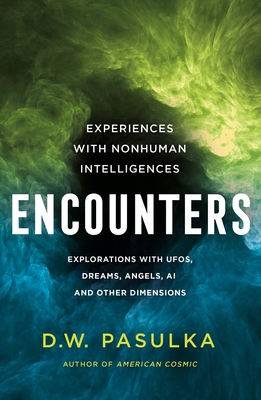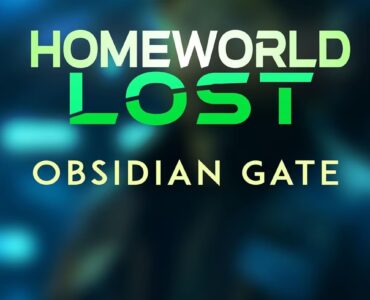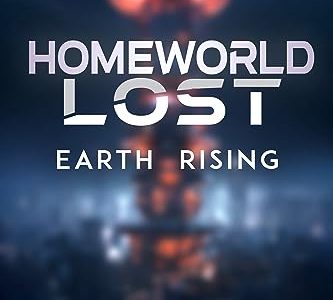Pros
- Advances the discussion of the UFO phenomenon beyond an extraterrestrial focus and onto something perhaps more pervasive and encompassing
- Introduces some related topics likes noosphere to the discussion surrounding UFOs that may provide some clues to the phenomenon
Cons
- Readers who are looking for more information on nonhuman intelligences will be disappointed as the book focuses more on the effects of the experiences on the experiencers rather than the nonhuman intelligences
Encounters: Experiences with Nonhuman Intelligences Review
Encounters: Experiences with Nonhuman Intelligences by D. W. Pasulka is a great introduction to more contemporary theories about UFOs and nonhuman intelligences.
Historically, UFO researchers posited that these unidentified craft, with their extraordinary movements, must have come from some advanced alien species inhabiting some other planet relatively close. For years and until Jacques Vallee’s arrival, this was the accepted assumption: after all, these were aerial craft seen shooting across the sky and into space.
But the discussion of UFOs has slowly shifted away from this belief. Pasulka’s book discusses her interactions and shares interviews with people who have been affected by UFOs and nonhuman intelligences, making some broad thematic connections among these experiencers, researchers, and otherwise ordinary people.
What the author discusses is going to be familiar with those who have read Vallee’s works: that these nonhuman intelligences may not necessarily come from outer space but from a different dimension, perhaps one that is closely parallel to ours. While there’s no clear evidence, the discussion regarding the source of these visitations leads to some connections to practices and beliefs that have generally been seen as distinct from UFO research.
Readers of Pasulka’s previous work on this topic, American Cosmic, will be familiar with terms like Invisible College. There’s a brief interview with a colleague who may have been an unintentional subject of a super secretive organization that only transfers knowledge orally to preserve its secrecy. If not for Pasulka’s credibility, such a claim may otherwise have been relegated to the realm of conspiracy.
The book leads readers to the idea that perhaps those subjects people may have once considered either paranormal, religious, or supernatural may actually be related to the UFO phenomenon—in a meeting with Jacques Vallee, the author notes a book about Satan that is written by Carmelite nuns and held in Vallee’s private collection. The implication can be a bit staggering.
One interesting link Pasulka discusses is the idea of a noosphere, some kind of force or consciousness that pervades the planet, perhaps even the universe, and the ability for humans to interact with this force. Famous people in the past have claimed to have derived their ideas from this particular force like Albert Einstein and Nikola Tesla. And this force almost sounds like some Akashic Record, a library that contains the cumulative knowledge of the universe.
Encounters: Experiences with Nonhuman Intelligences by D. W. Pasulka isn’t going exploring new frontiers of the field of UFO research, but it certainly makes the subject more easily approachable with its conversational approach and its expansion of the field to include more esoteric topics like spirituality, religion, and what would be considered new age beliefs.
Read reviews of other non-fiction works related to the topic below.



